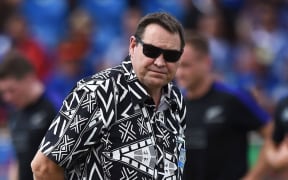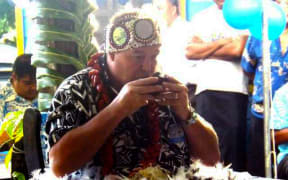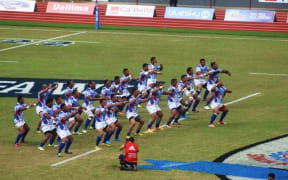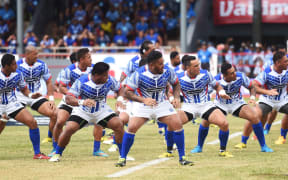Excitement over the first official All Blacks Test in the Pacific may have died down, but the old issue of player eligibility has cropped up.
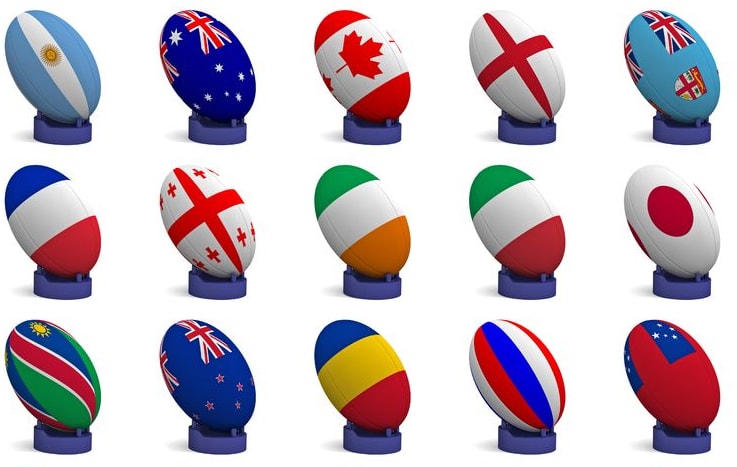
The IRB rules mean players who have played for one country have to stand down from international rugby for three years before they can play for another. Photo: 123RF
The Test between Manu Samoa and the All Blacks raised, once again, questions over the International Rugby Board (IRB) rules which mean players who have played for one country have to stand down from international rugby for three years before they can play for another.
All Blacks great Michael Jones said the IRB needed to relax the rule for the greater good of the game and take a more global view for the good of all.
It was an issue not just for the Pacific but for small European counties such as Georgia and Romania, whose players often represented countries such as France, he said.
"That is always their raison d'etre and their philosophy and their mission statement is all about building a global game. Part of that is making sure that second tier teams, in particular, can be more competitive for first tier teams.
"It's not just about evening the playing field ... it intensifies the aspirations and the dreams of the younger guys.
"If Jerry Collins [had been] able to come back ... just imagine what that would do for an aspiring, young Samoan rugby player. It would be very powerful."
The late Jerry Collins, who was killed with partner Alana Madill in a car crash in France last month, was the perfect example of a player who wanted to give back to the country of his birth but who had been stymied by the rules, Jones said.
"He had done his time with the All Blacks but he could have potentially offered something to the Samoans - he was born there.
"I think if it's about going back from tier one to tier two, that's when it's probably more palatable, and there should be some flexibility built into the system so there's some mechanisms that allow for that."
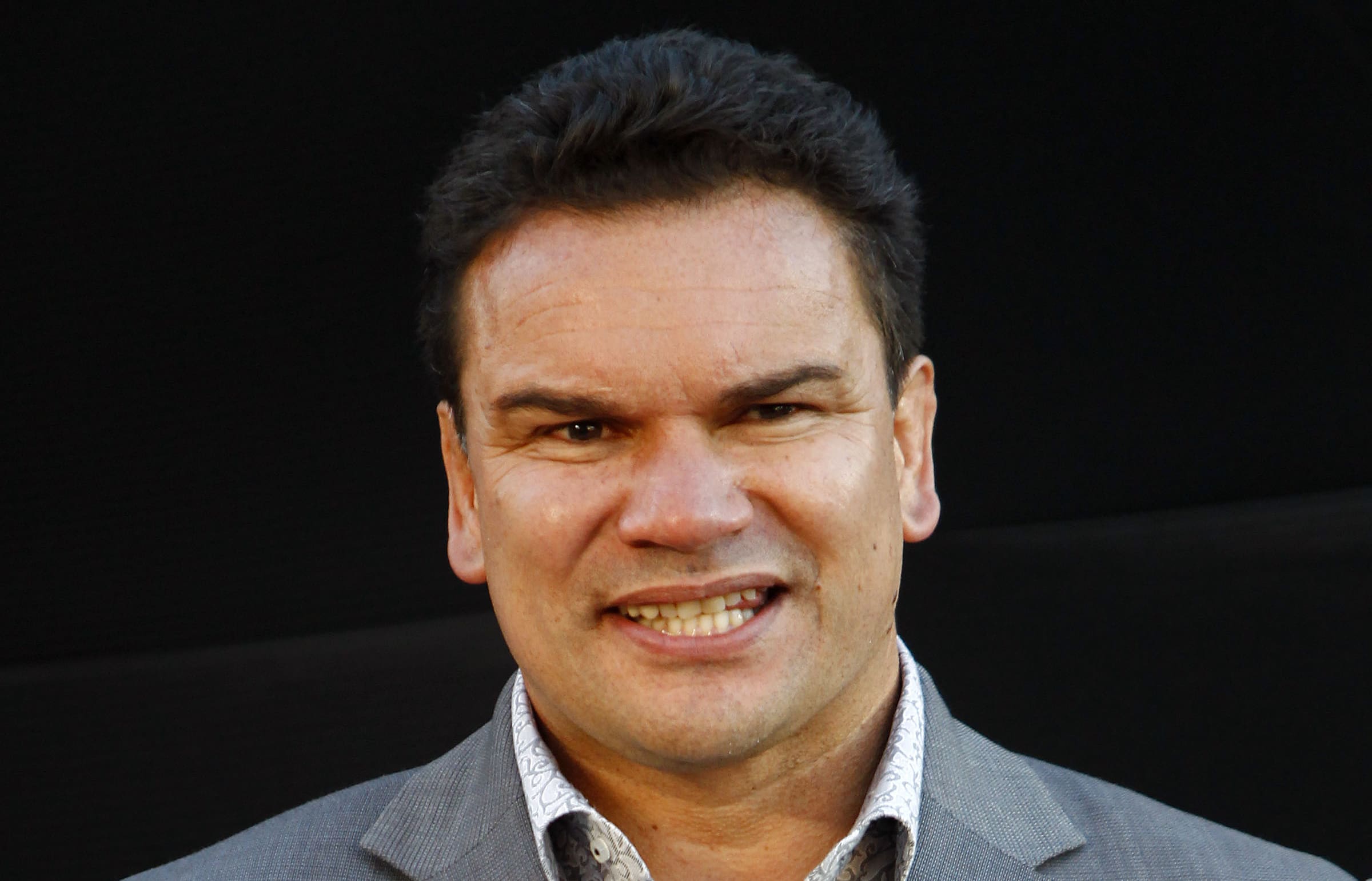
Michael Jones said the IRB needed to relax the rule for the greater good of the game. Photo: Photosport
Manu Samoa co-coach Alama Ieremia said part of being Samoan was about giving, and that many Samoan players wanted to give back to home their home country which had helped their international career.
"A lot of the Samoan players that have gone on to represent the All Blacks and are doing very well overseas in Europe and France," he said.
"There are a lot of players that want to come back and give their service to the islands, purely because obviously the connection and wanting to give back to a country that's helped their careers."
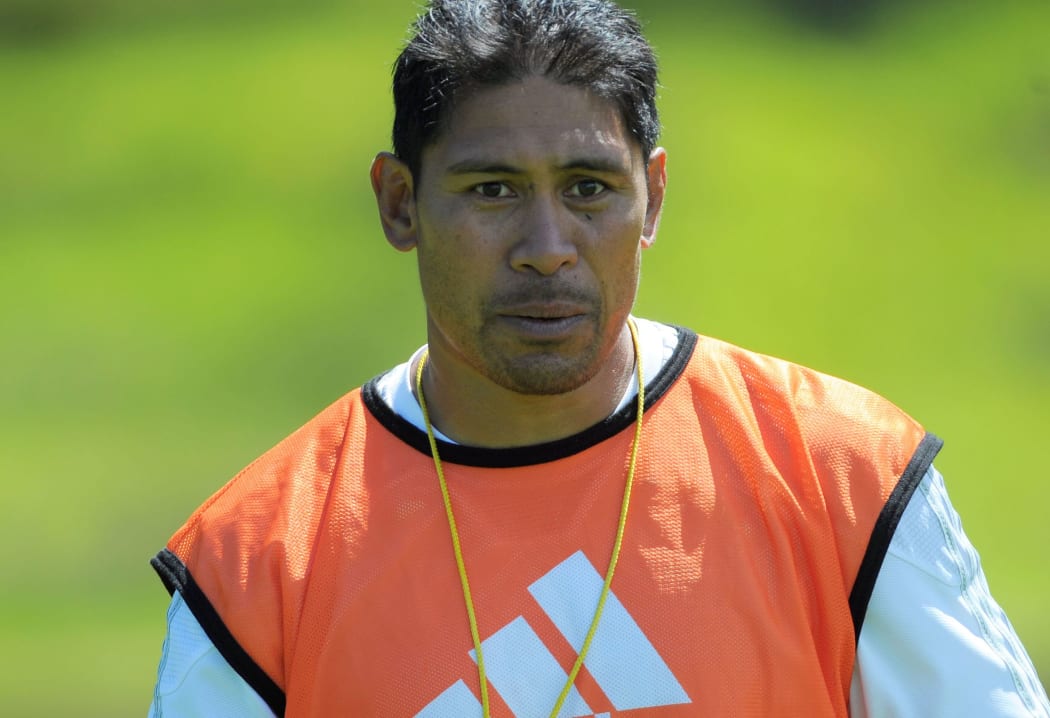
Alama Ieremia said many Samoan players want to give back to their home country. Photo: Photosport
Samoan Prime Minister and Samoa Rugby Union chairman Tuilaepa Sailele Malielegaoi shared Jones' and Ieremia's sentiments, saying countries were inward looking and interested only in themselves.
"But in the interest of spreading the sport, the only way to do that in order to equalise the talent and spread it fairly would be to loosen up the question of eligibility, to permit Samoan boys, Tongan boys, Fijian boys to go and play for their national teams when they are not selected to play for the All Blacks," he said.
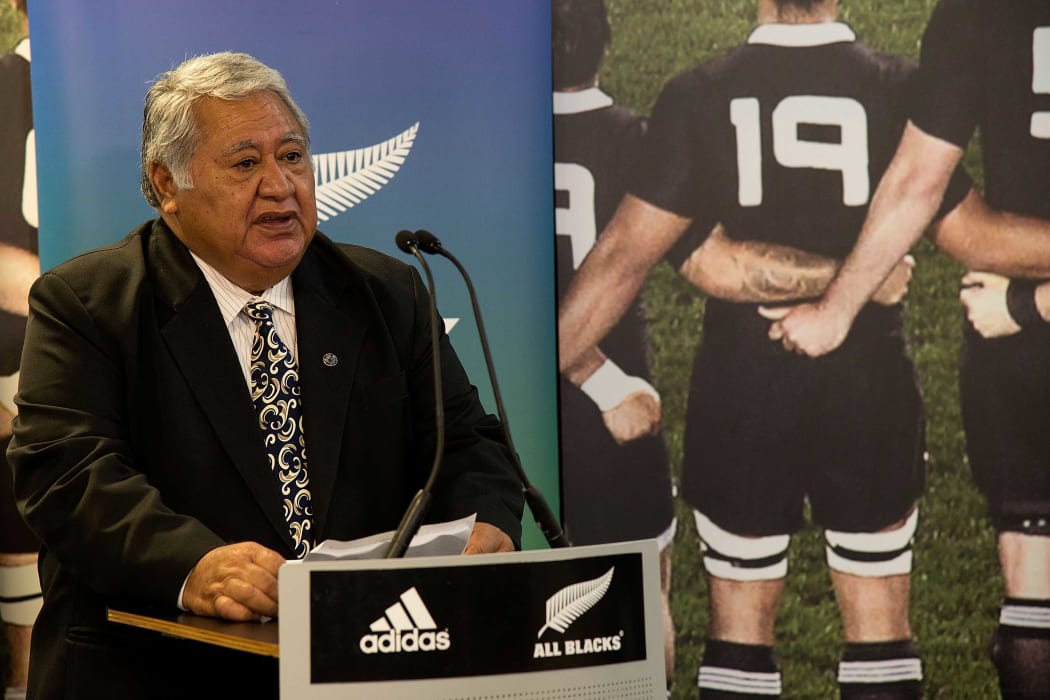
Tuilaepa Sailele Malielegaoi said changing the rules would be in the interest of the sport. Photo: PHOTOSPORT
New Zealand Rugby Union chief executive Steve Tew said he believed players should be able to have a "second chance" at international rugby.
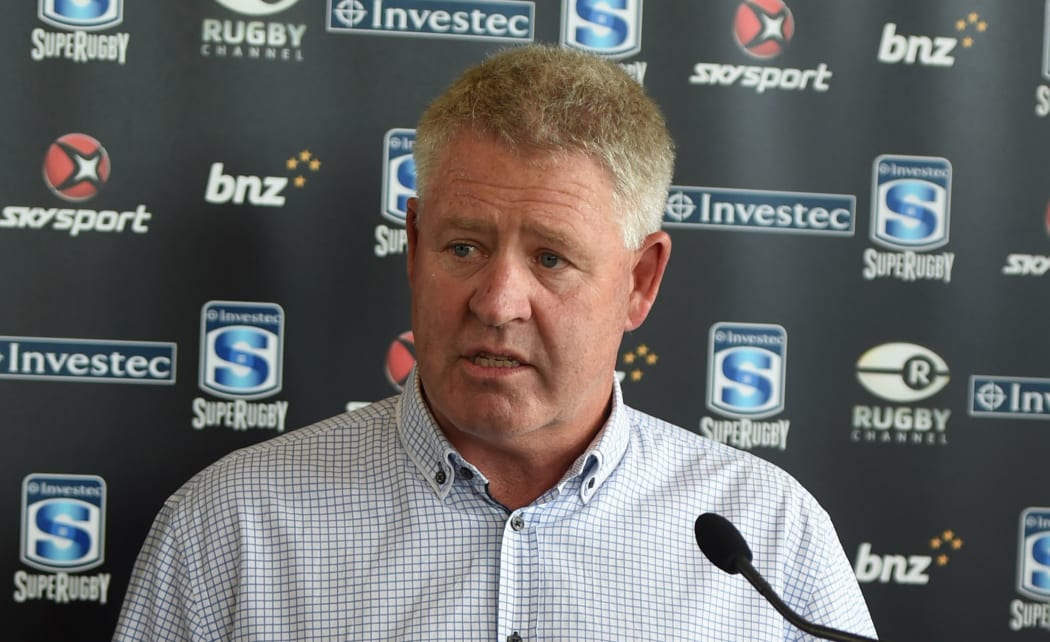
Steve Tew said the NZRU believed players should have a 'second chance'. Photo: PHOTOSPORT
He believed it was effectively happening for some players, who could become eligible to play rugby for another nation if they were selected to play Olympics sevens rugby for that country.
"But we're not a majority voice inside world rugby and all these decisions have to be taken into account across the game at a global level rather than just what's going on in Oceania, so we've fought that battle but in the end we've accepted that we haven't been able to convince enough of the others to get there," Tew said.
"No doubt it'll be debated again at some stage."
